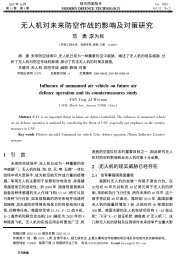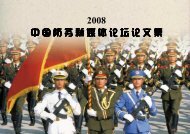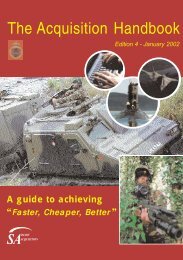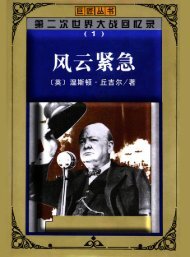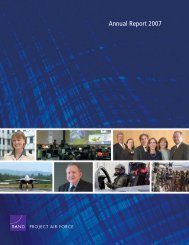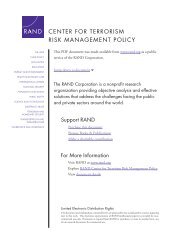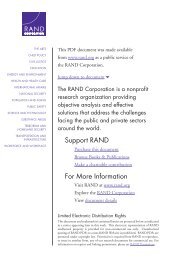How Terrorist Groups End - RAND Corporation
How Terrorist Groups End - RAND Corporation
How Terrorist Groups End - RAND Corporation
Create successful ePaper yourself
Turn your PDF publications into a flip-book with our unique Google optimized e-Paper software.
Politics and the FMLN in El Salvador 73<br />
most senior military officers. The report recommended the discharge<br />
of the entire senior military establishment, including officers who had<br />
played an integral role in the peace process. The New York Agreement<br />
also included the first outline of land redistribution and economic and<br />
social reforms. State or private land holdings that exceeded 245 hectares,<br />
as well as land that was not distributed for ecological preservation,<br />
would be subject to redistribution. 28<br />
The fifth and final stage culminated in the January 1992 Chapultepec<br />
Peace Accords. It was a political compromise in which the FMLN<br />
agreed to a democratic political regime and a capitalist economy with<br />
limited socioeconomic reform, and the Salvadoran government agreed<br />
to the FMLN’s political participation along with some socioeconomic<br />
reform. The agreement enshrined a democratic bargain: The two sides<br />
agreed to resolve their future differences through democratic political<br />
processes. Consequently, the agreement’s principal achievement<br />
was an agenda of reforms that would institutionalize the new—and<br />
democratic—rules of the political game. The main provisions, many<br />
of which were carried over from the New York agreement, called for<br />
reform of the armed forces, accountability for past human-rights violations,<br />
the founding of a civilian police force, and restriction on the<br />
arbitrary exercise of state power. The FMLN participated in the general<br />
elections of March 1994, making a respectable showing at the<br />
presidential and legislative levels. The military was restructured, with<br />
more than 100 officers forced into retirement by the work of the ad<br />
hoc commission and reduced in size. The long-standing, close relationship<br />
between landlords and local military and police authorities was<br />
ended, and a new civilian police force was deployed throughout the<br />
country. The programs for former combatants proved more effective as<br />
economic assistance in the short run than as foundations for adequate<br />
Keeping the Peace: Multidimensional UN Operations in Cambodia and El Salvador, New York:<br />
Cambridge University Press, 1997, pp. 312–341, pp. 316–318).<br />
28 Ricardo G. Castaneda, ambassador and permanent representative, “Letter Dated 91/09/26<br />
from the Permanent Representative of El Salvador to the United Nations Addressed to the<br />
Secretary-General,” New York: United Nations, A/46/502-S/23082, September 26, 1991a.




